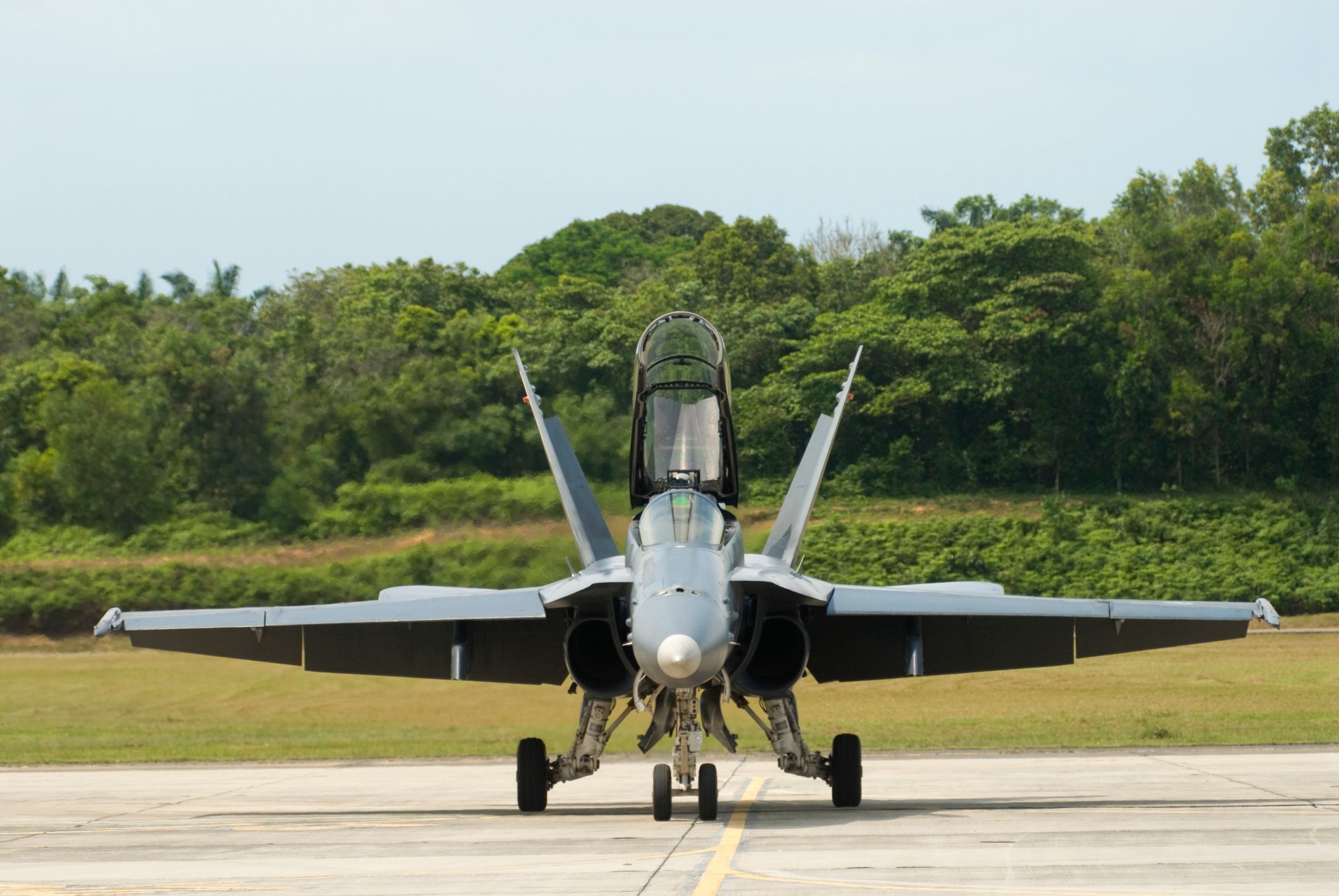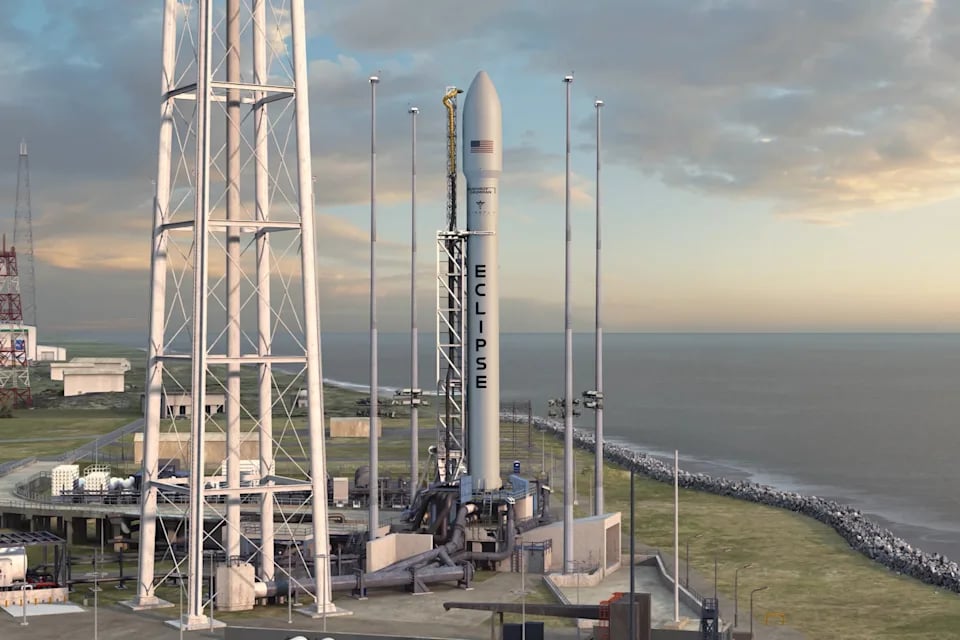The Air Force is warning that congressional gridlock could set back development and delivery of Northrop Grumman's (NOC 0.44%) B-21 bomber, a fresh reminder that, to date, optimism over single-party control in Washington has gotten ahead of actual increases in Pentagon spending.

Artist rendering of the B-21 bomber. Image source: Northrop Grumman.
Budget bomb
Undersecretary of the Air Force Matthew Donovan, speaking last week in Washington, said that if Washington fails to override spending freezes put in place by the Budget Control Act of 2011, there would only be limited money available for engineering, manufacturing, and development of the B-21, according to a Los Angeles Times report.
Northrop beat out Boeing and Lockheed Martin in 2015 to win a contract to develop and build a new Long Range Strike Bomber. The Pentagon is expected to buy at least 100 aircraft priced at more than $500 million apiece, with deliveries expected to begin in the mid-2020s and extend into the 2030s.
The fiscal 2017 budget for the B-21 program was $1.3 billion, compared to a $2 billion request for fiscal 2018. If Congress is unable to agree on a deal that would lift sequestration caps, the program, which is expected to generate as much as $80 billion for Northrop and subcontractors over its lifetime, is going to end up behind.
"This will have the effect of postponing delivery of a key critical strategic capability for the joint war-fighter," Donovan said.
Ripple effect
Any delays would be a disappointing but manageable setback for Northrop Grumman, which has been preparing for initial production at a facility in California's Mojave Desert since last fall. It would also be a blow to the B-21's principal suppliers, a group that includes United Technologies unit Pratt & Whitney, as well as Spirit AeroSystems, BAE Systems, UTX acquisition target Rockwell Collins, and GKN Aerospace.
But the funding issues could be larger than just the B-21. Shares of Northrop Grumman are up more than 30% since the 2016 presidential election, and shares of rivals including Lockheed Martin, Boeing, and Raytheon are up even more, on investor hope that after years of budget battles, Republican control in Washington would mean a significant uptick in Pentagon spending.
So far the actual results have failed to live up to expectations, and the Air Force's warning on the B-21 is a reminder that there are meaningful potential consequences to Congress's inability to remove the caps. As this week's shutdown demonstrated, lawmakers are struggling to just keep the government running at previous funding levels. Even with a three-week funding bill in place, the prospects for a wide-ranging deal that would undo sequestration and allow for spending to increase to levels requested by the White House are far from certain.
What now for investors?
For investors in Northrop and other defense primes, issues with funding B-21 development are not reasons to head for the exit. But it is a fresh data point that suggests the markets have gotten ahead of themselves when it comes to the defense sector, and it's an inopportune time to invest new funds.
Chances are, the B-21, and other big-ticket programs including the F-35 fighter and new warships, will eventually get the funding they need. Alas, nothing happens quick or easy in Washington.





